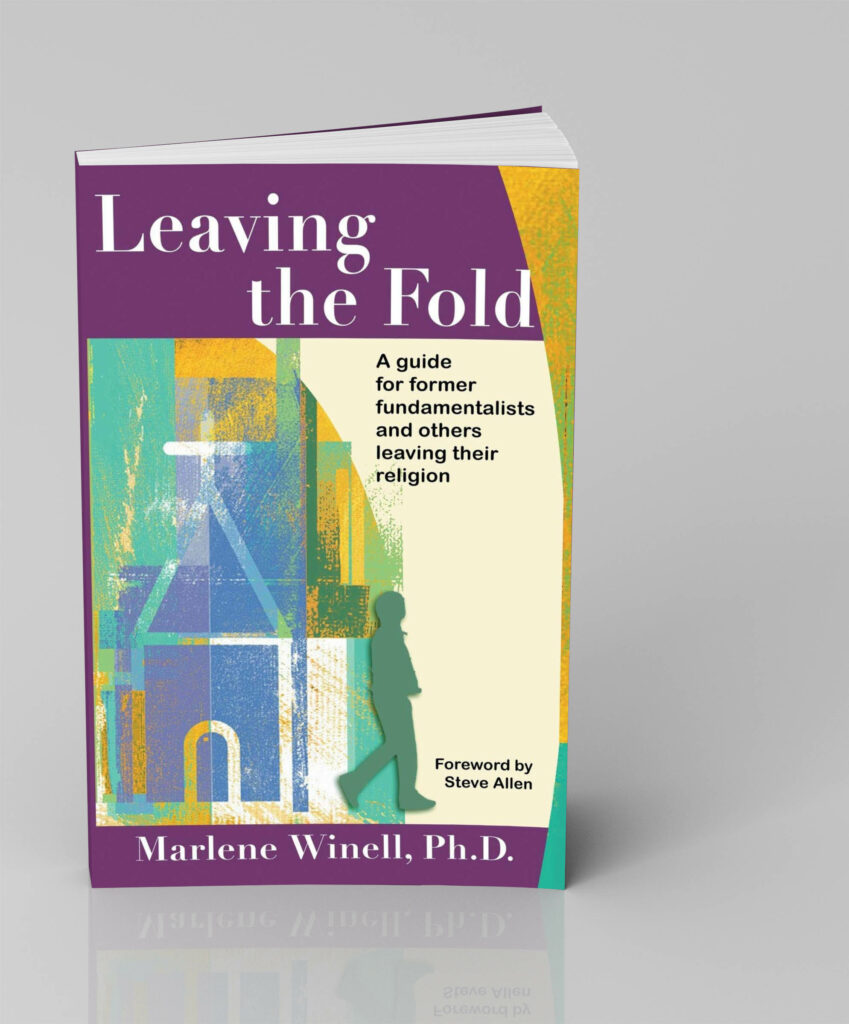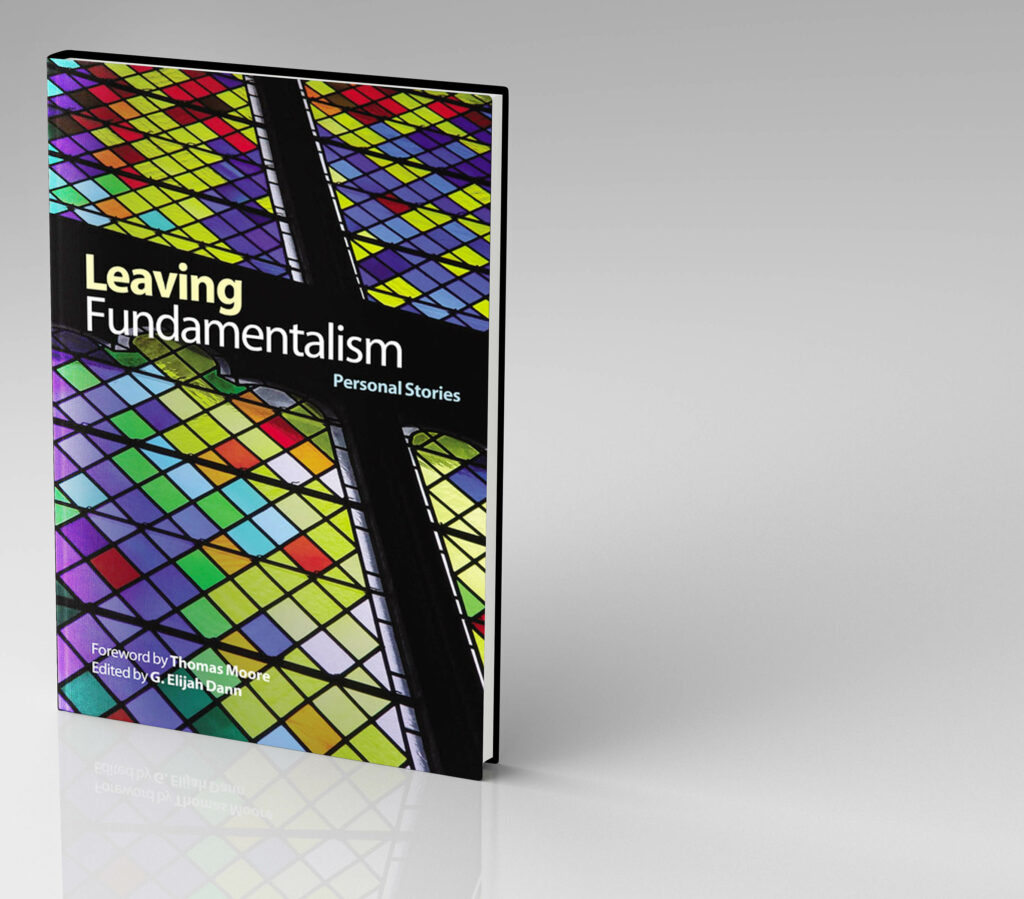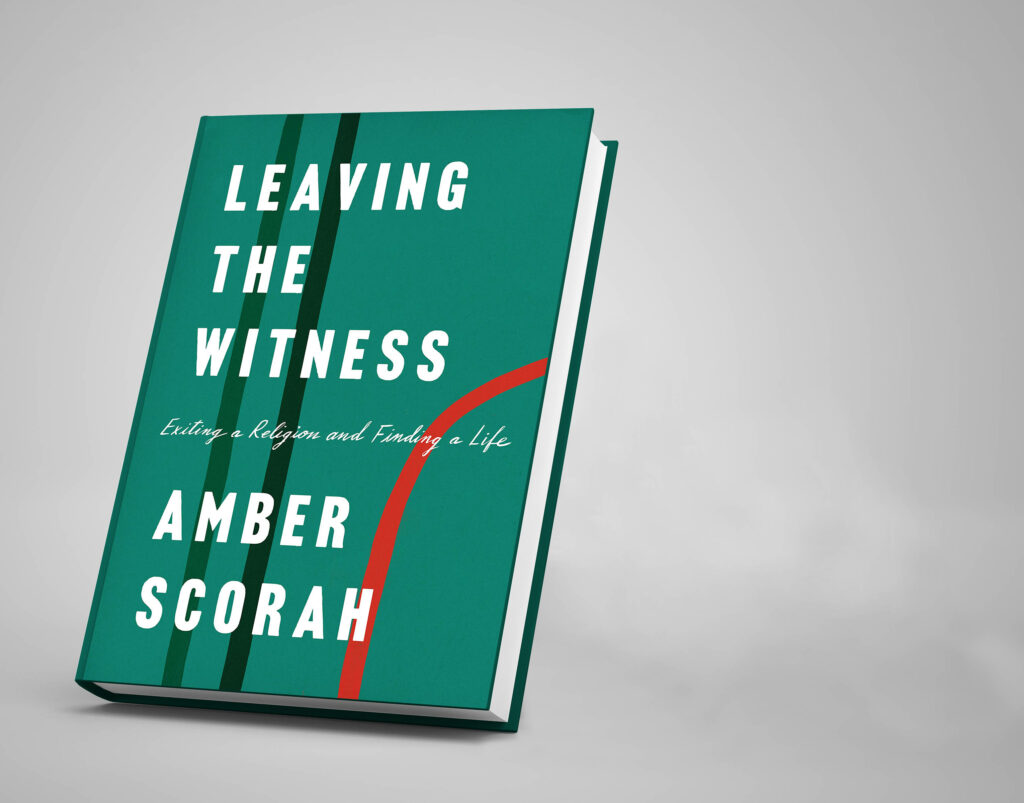Religious deconversion, succinctly defined, is the loss of one’s faith in a given religion. What is left out of the definition, however, is that the circumstances of the loss, the personal significance of one’s faith, and the ubiquity of the religion in one’s life mean that the emotional and psychological effects of deconversion may take myriad, complicated forms: an unmooring severance, a life-saving escape, a gentle relinquishing, a profound disillusionment, a liminal state between religions or between types of faith. Deconversion can feel like all of these at once—a kaleidoscopic experience of grief, anger, relief, indifference, gratitude. For many queer folx, deconversion can be a necessary first step to coming out. It is always an opportunity to start anew; it is loss that inspires finding.
Listed below are a few companion titles for a loss of faith, particularly loss of a fundamentalist Christian faith, which is so prevalent in our region and, unfortunately, a common source of religious trauma from which many in the queer community suffer. We hope these selections offer the comfort that comes from seeing your own experiences reflected in that of others’ and guidance for navigating a loss of faith and its myriad, subsequent findings—religious or not.
Empty the Pews: Stories of Leaving the Church
ed. by Chrissy Stroop & Lauren O’Neal
This anthology brings together original and previously published essays from a diverse group of writers on their experiences with leaving fundamentalist Christianity and with religious trauma. Taking a moral stance against the harmful fundamentalist and authoritarian varieties of Christianity, the editors chose pieces that also highlight intersections of queerness, spiritual/religious abuse, faith loss, and courage.

Leaving the Fold: A Guide for Former Fundamentalists and Others Leaving their Religion
by Marlene Winell, Ph.D.
Leaving the Fold is a self-help psychology book for recovery from the effects of an authoritarian religion (particularly fundamentalist Christianity). Written by a psychologist with over 30 years of experience working with clients recovering from harmful religious ideologies, herself included, Dr. Winell is known for coining the term and concept “Religious Trauma Syndrome.”

Leaving Fundamentalism: Personal Stories
ed. by G. Elijah Dann
The personal stories in this collection offer numerous and varied glimpses into the thoughts and feelings that leaving fundamentalist Christian churches can entail—the good and the bad. For many of the contributors, though their deconversions are still raw, they also describe how their lives are continuing on post-religious fundamentalism.

Leaving the Witness: Exiting a Religion and Finding a Life
by Amber Scorah
In Leaving the Witness, Scorah describes how her experiences as a covert Jehovah’s Witness missionary in China ultimately led her to leave the faith she had once so ardently held. This deconversion created a rift between her and her family and home community, leaving her to navigate this new life alone. This rift, along with another subsequent personal tragedy, prompted a need for more ways to make meaning without the framework of her religion.

Pure: Inside the Evangelical Movement That Shamed a Generation of Young Women and How I Broke Free
by Linda Kay Klein
Described as a blend of memoir, journalism, and cultural commentary, Klein provides an inside look at religious purity culture, which has its roots in white evangelical Christian churches, and the harm it has caused. Including her own account of healing, she offers hope for finding freedom and for possibilities of sexual and spiritual reconciliation.




